Industrial Design

Drawing on its contribution to responsible, human-centered design, Industrial Design (or ID) teaches you to use critical thinking and the design process to enhance companies, communities and citizens. Expert faculty guide you in researching user experiences to create well-conceived and executed objects, products and systems that make everyday tasks easier.
Degree programs
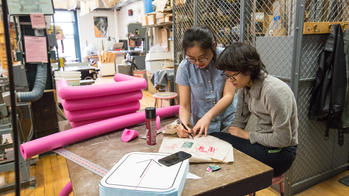
Through an emphasis on informed research and hands-on making, the Industrial Design BFA program puts you in position to design effective solutions for a wide range of problems.

Approaching industrial design as a vehicle for addressing social, cultural, environmental and other issues, the MID program teaches the skills and advanced understanding you need to practice design for the greater good.
In the studio
In responding to assigned projects, ID majors work with a wide range of materials in the process of designing objects, products, systems and experiences. In ID you develop ideas through sketching and drawing before moving on to models and working prototypes.
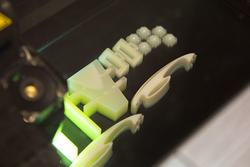
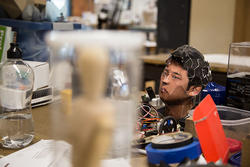

Student work
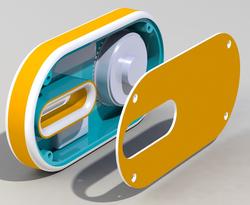
Kalil Grinberg BFA 2018
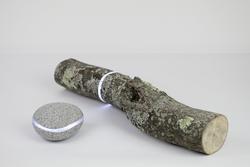
Adi Azulay MID 2017
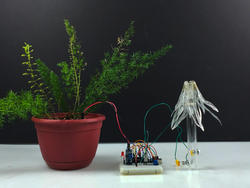
Atulya Chaganty MID 2017
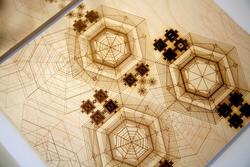
Karen Jiang BFA 2019
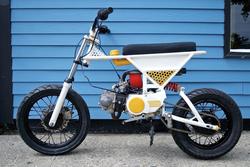
Kalil Grinberg BFA 2018 and Caspar Nagel BFA 2018

Lizzie Wright BFA 2018
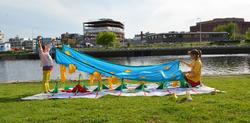
Fiona Stolorz BFA 2018
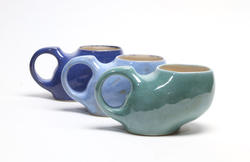
Christina Strachoff BFA 2018
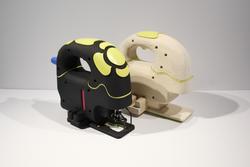
Quincy Kuang BFA 2019

Daniel Woolhiser BFA 2018

Louis Selby BFA 2020
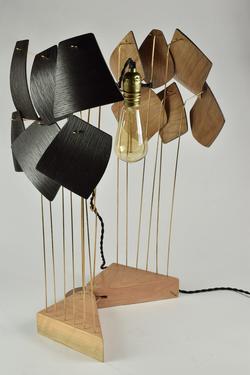
Aaron Simmons MID 2018
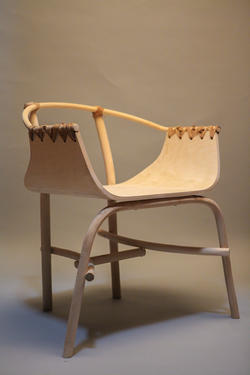
Aki Barber BFA 2018
Alumni
ID alumni go on to make a real difference through design, offering innovative solutions to many problems. They start their own businesses, join cutting-edge studios and work for organizations and corporations, creating medical devices, household products, alternative transportation vehicles, nanotech devices, new materials and much more…

“More than a billion people worldwide lack access to clean drinking water,” says Grewall, who worked with several Brown students to launch a nonprofit effort known as WaterWalla. Their mission? To bring clean water to India's slums. Grewall relocated to India right after graduation to head WaterWalla's Mumbai office and is now making great headway in tackling this chronic public-health issue.
Featured stories
The intensive, three-week Wintersession experience culminated in innovative student projects exploring biodesign at multiple scales.
Launched in 2021 by His Majesty King Charles III and Sir Jony Ive, the competition seeks to drive environmental progress through private-sector innovation.
The Rhode Island School of Design uses recipes to teach the trial-and-error process of tweaking and refining a product.


